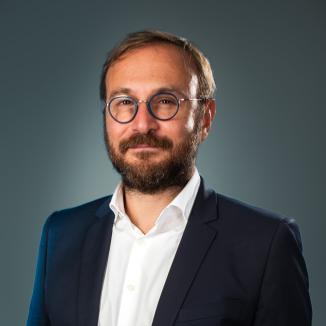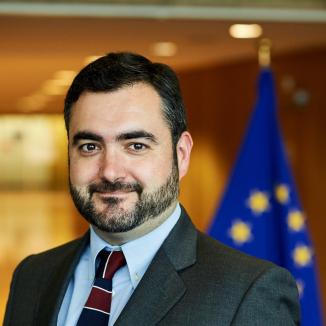Potential impediments to long-term investment
How can we encourage long-term investment in Europe? Many factors hinder long-term investment but are there risks involved in reviewing existing regul
Speakers
Edoardo Reviglio
Chief Economist, Cassa Depositi e Prestiti SpA,
Miguel Gil Tertre
Chief Economist, Directorate-General, European Commission, DG ENER
Sandra Rigot
Professor, Paris 13 University,
Sophie Barbier
Director of European affairs, Caisse des Dépôts et Consignations
Event summary
See below for video recording and presentations
The event aimed at identify the possible economic structural impediments to long-term investments and the consequent corrective actions.
Investments have been particular low since the beginning of the recent crisis in 2007, this mainly due to a low demand.
Sandra Rigot from Paris 13 University presented some interesting results from a survey developed to study the impact of accounting and prudential standards on long-term capital investments of financial intermediaries (banks and insurances).
The current accounting standards (IAS39 and IFRS4) and prudential requirements (solvency, liquidity and leverage ratios) have introduced a short-term thinking into long-term management strategies, representing therefore an obstacle to long-term investments.
The plausible improvement will be to introduce a greater balance for future standards in order to measure the long-term assets in a more consistent manner and avoid to excessively penalize them.
Sophie Barbier from Caisse des Dépôts et Consignations stressed the importance of not imposing a banking or insurance regulation to long-term investors and she presented the internal model the company has adopted to promote the funding of long-term investments.
This model is based on very stringent and high standards requirements to preserve the public confidence, a measure of risk consistent with a long-term horizon, a buy and hold investment strategy and a careful design to encompass all the possible kinds of risks existing in the balance sheet.
Furthermore, she highlighted the importance of a close collaboration between the European institutions and the long-term investment institutions, to find the right strategies to return to a stable growth path.
Edoardo Reviglio from Cassa Depositi e Prestiti also underlined the importance of the role of long-term institutions to cover the gap between the demand for long-term investments (e.g. due to an important growth of the population) and the supply of these resources, stressing the importance of the role of an appropriate non-financial regulatory framework (e.g. fiscal incentives) and financial regulations (e.g. Solvency II, liquid instruments as project bonds, securitization of loans for SMEs).
The last panelist was Miguel Gil Tertre from the European Commission, which underlined as the uncertainty can be identified as one of the main obstacle to long term investments, together with regulatory barriers (e.g. Gotthard Base tunnel has been a very long project also due to the much different regulatory environments between Italy and Switzerland).
To overcome these obstacles, he highlighted the importance of country specific recommendations given at EU level, together with broader EU interventions (e.g. reduction of capital requirements for insurance companies that want to invest in long-term projects; simplified rules to use the EU funds for investments), more incentives for sustainable finance and a general more comprehensive approach at European, sectoral, national and regional level.
Event notes by Fabio Matera, Research Intern








